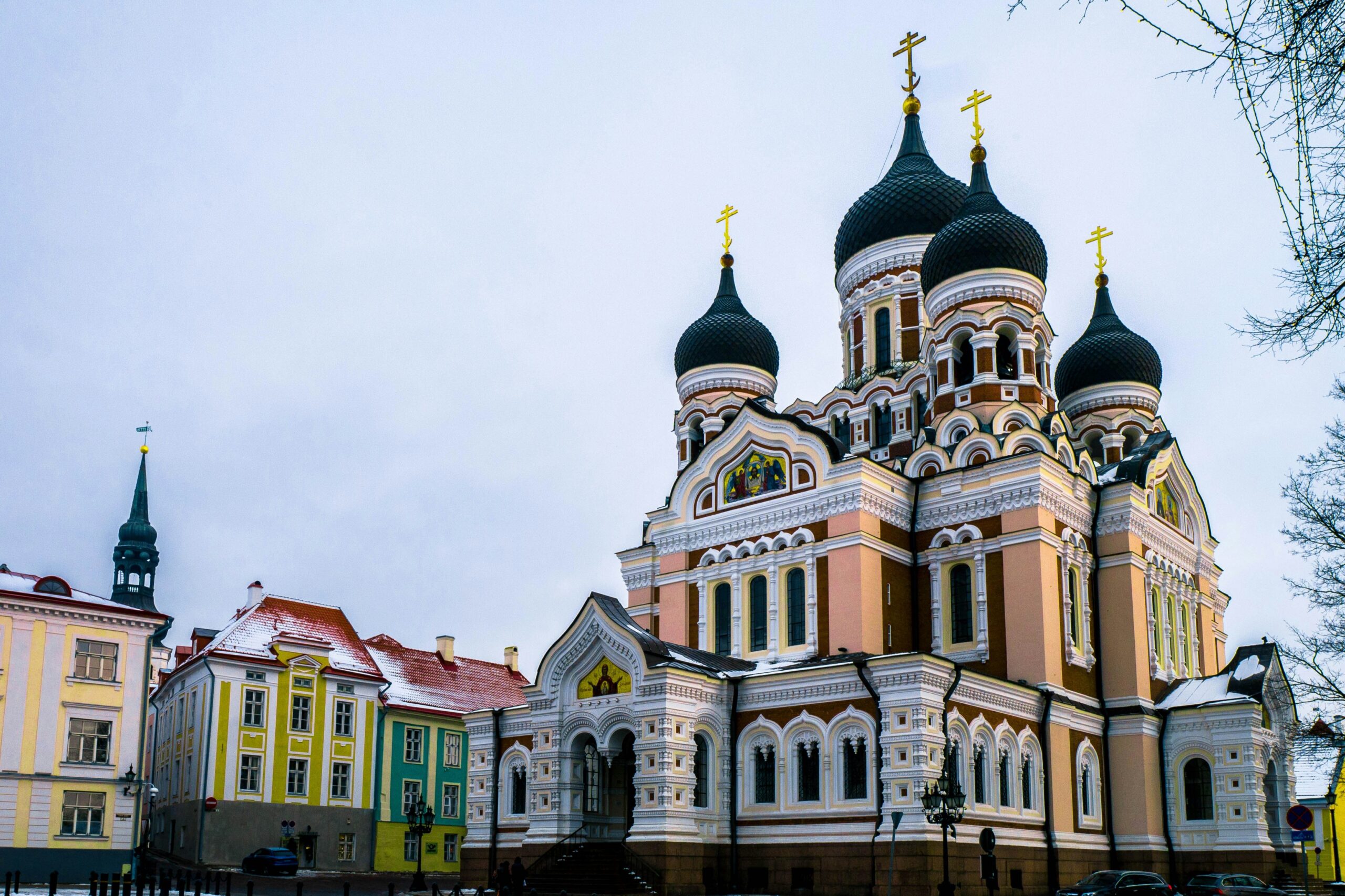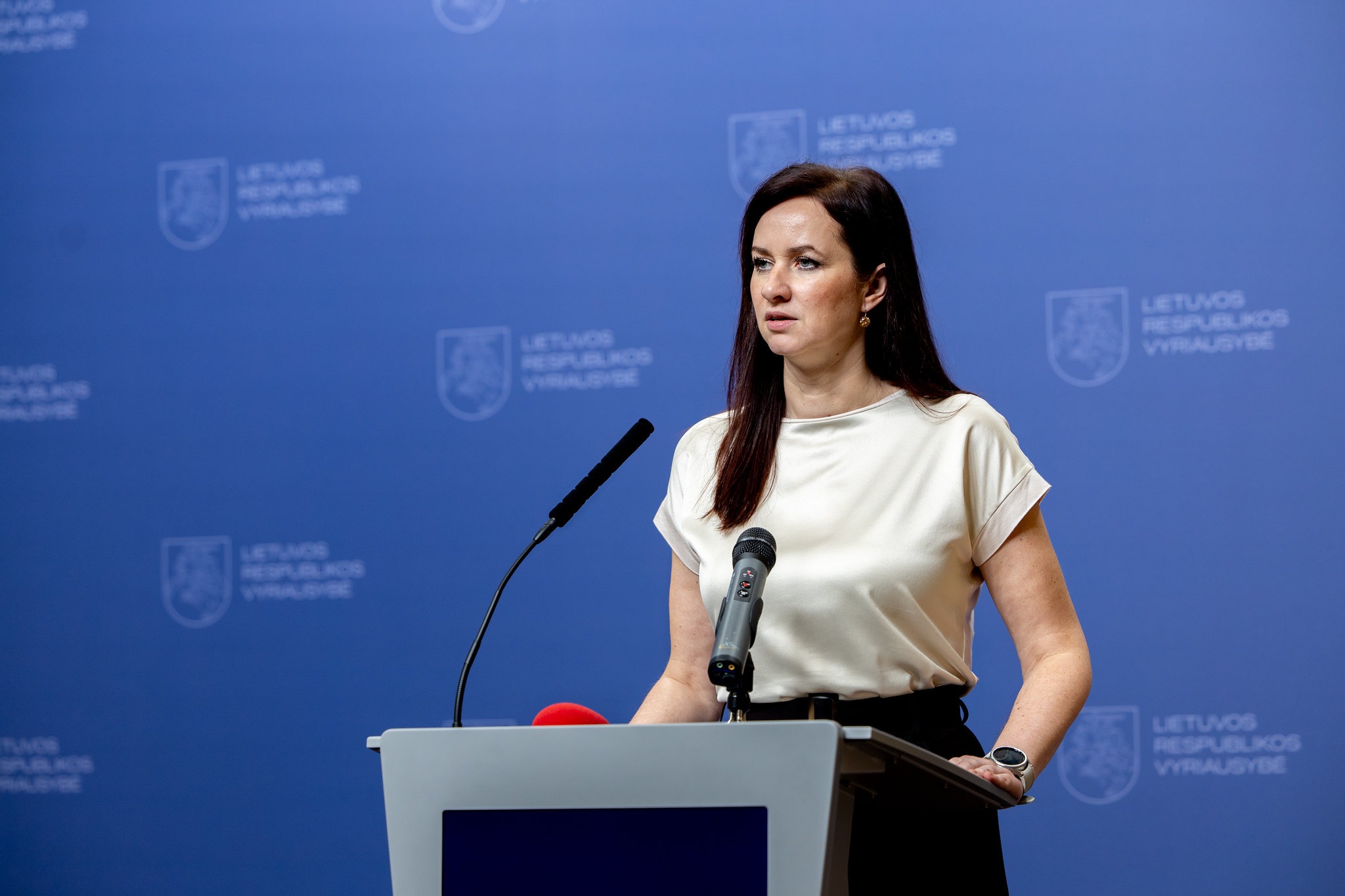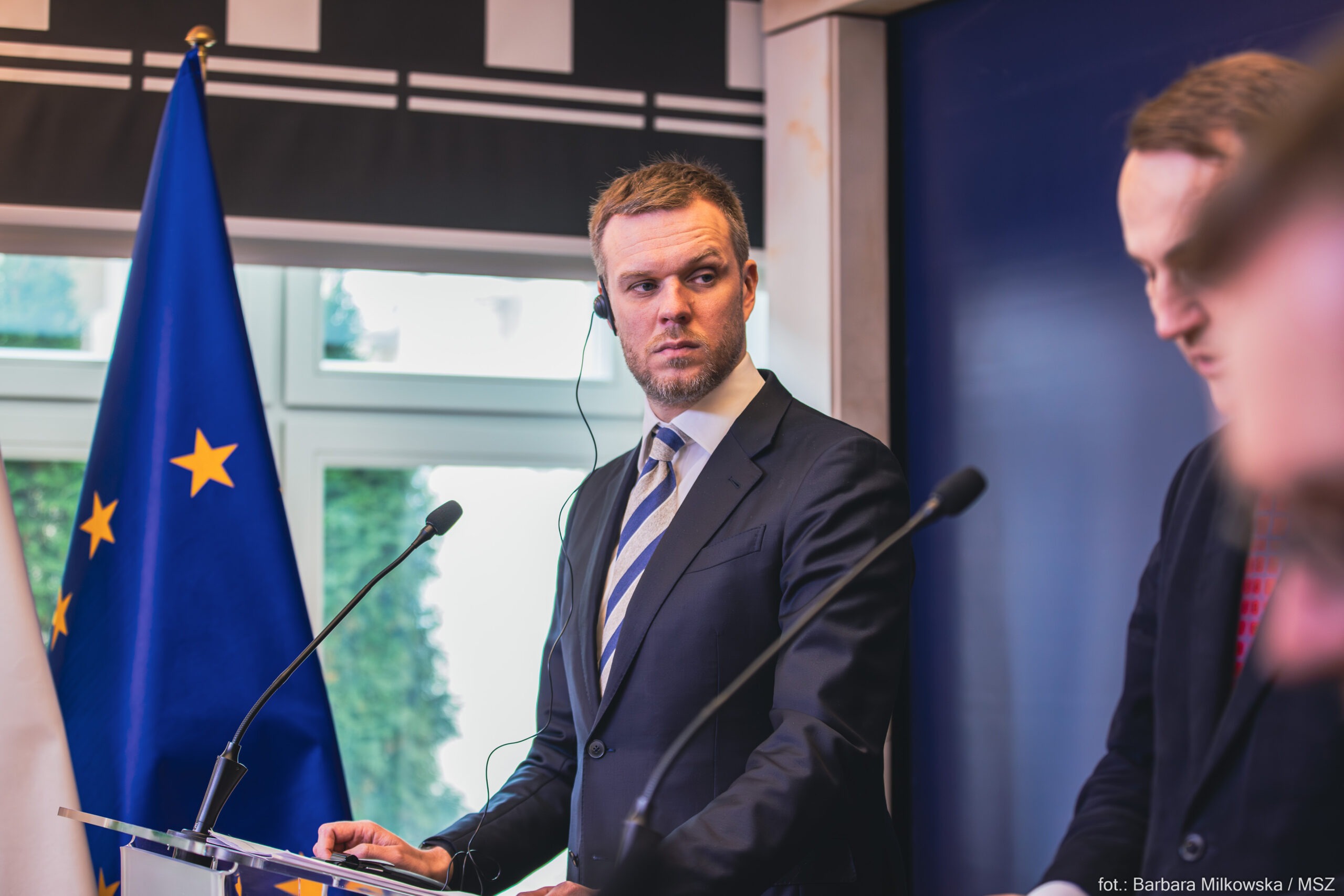
Main narratives:
- Discrimination against Russian speakers;
- Anti-government sentiments;
- Censorship in Estonia.
Overview:
Pro-Kremlin commentators have accused Estonia of censorship and violating freedom of speech after state authorities decided to deport Konstantin Gorlov, a Russian nationalist living in Estonia. He was expelled from the country on 5 April 2025 for actions deemed to be a threat to national security and public order. The Estonian Police and Border Guard Service, in cooperation with the Internal Security Service, revoked his long-term residence permit and banned him from re-entering the country. In March 2025, the Harju District Court found Gorlov guilty of justifying international crimes. The court found that during a TikTok live stream, he displayed a flag with the Russian coat of arms while discussing Russia’s annexation of occupied Ukrainian territory. This act was interpreted as support for aggression and genocide and resulted in a fine. In addition, the Estonian Internal Security Service reported that Gorlov had links to Russian intelligence services and spread propaganda on social media. He was also involved in setting up a fighting club linked to the Russian Imperial Legion, the paramilitary wing of the Russian ultranationalist and white supremacist organisation, the Russian Imperial Movement.
Amid Estonia’s difficult economic situation, social media users last week actively discussed the indexation of salaries for public sector employees, including members of parliament and ministers. The more than 5% increase in their salaries sparked a wave of outrage online. There was particular discontent over the fact that the fee for visiting a specialist doctor rose from €5 to €20 as of 1 April. In addition, it was announced that vocational training would be partially paid from 1 September.
Meanwhile, the news that the government is unlikely to find the additional 77 million euros needed to pay for a 10% pay rise for teachers has also been discussed. Pro-Kremlin commentators once again claimed that increased defence spending was a waste of money, arguing that economic prosperity depends on friendly relations with Russia. Predictably, there were also comments about the “wonderful life” in the Soviet Union, where “everything was free” – remarks that fit perfectly with Moscow’s propaganda narratives.









